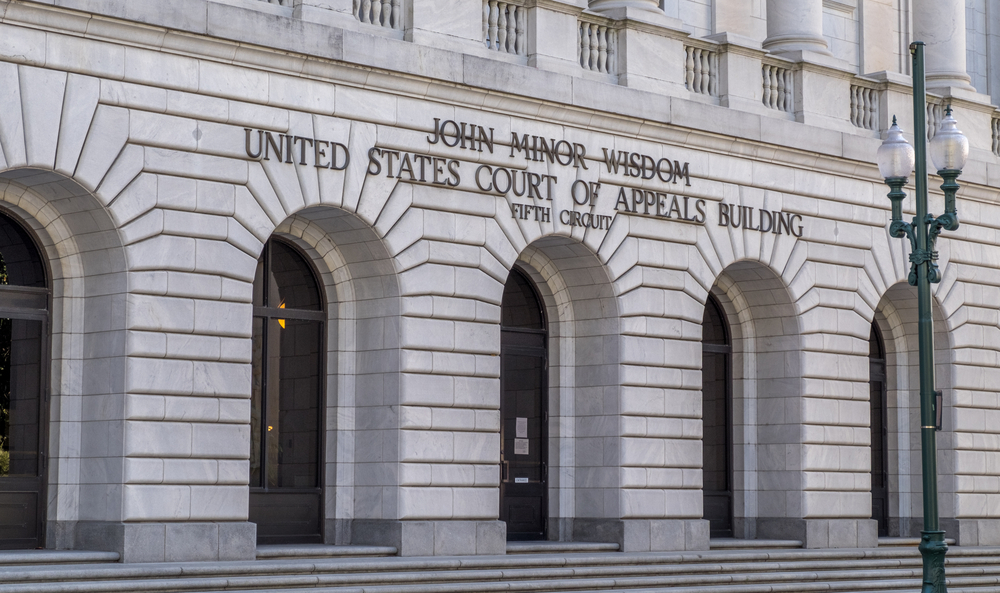FAMILY IMMIGRATION
Family members of U.S. citizens and permanent residents have the opportunity to pursue Green Cards through family-sponsored immigration. U.S. citizens have the privilege of sponsoring their spouses, parents, children, and siblings. Permanent residents can sponsor their spouses and unmarried children:
Petition for Spouse & Children
The specific steps and requirements can vary depending your immigration status. Immigration laws and policies are subject to change, so staying updated on the latest regulations is essential.

Adjustment of Status
This refers to the process by which certain foreign nationals who are already in the U.S. can apply to become lawful permanent residents, also known as green card holders, without having to leave the country to obtain a visa from a U.S. consulate or embassy abroad. Adjustment of Status is available to individuals who are eligible for this process based on various categories including family-sponsored category.
Fiancé (K-1) visa
This is nonimmigrant visa that allows a U.S. citizen to bring their foreign fiancé(e) to the United States for the purpose of getting married. Once the marriage takes place within a specific timeframe, the foreign fiancé(e) can then apply for adjustment of status to become a lawful permanent resident (green card holder).
Petition Parents & Siblings
To petition for your parents and siblings to immigrate to the United States, you must follow a specific family-sponsored immigration process. Parents of U.S. citizens are eligible for family-sponsored immigrant visas in the immediate relative category, which has no annual numerical limit. Siblings of U.S. citizens are eligible for family-sponsored immigrant visas in the family preference category, which has a limited number of visas available each year.
Humanitarian reinstatement of I-130 Petition
Humanitarian reinstatement is a discretionary form of relief available to the principal beneficiary of an approved Form I-130, Petition for Alien Relative, that was approved prior to the death of the petitioner who filed on the beneficiary's behalf. If approved, the measure reinstates the approved Form I-130.
Request for Evidence (RFE):
Common reasons for receiving an RFE include missing documents, incomplete information, or the need for additional evidence to establish eligibility. It is essential understand the specific requests, and respond comprehensively and within the given timeframe. If an applicant does not respond to the RFE or submits an inadequate response, USCIS may ultimately deny the application.
Notice of Intent to Deny (NOID)
Receiving a NOID from USCIS can be a concerning and critical stage in the immigration application process. It is crucial to take it seriously, respond promptly and accurately, and seek professional guidance if needed to maximize the chances of a favorable outcome for your immigration application or petition.
Appeal
If your Form I-130, Petition for Alien Relative, is denied by U.S. Citizenship and Immigration Services (USCIS), you generally have the option to appeal the decision. The denial notice you receive from USCIS should include information on how to appeal and the deadline for filing the appeal. It's important to note that the appeals process can be complex, and the success of the appeal will depend on the merits of your case and your ability to address the issues that led to the denial.
Notice of Intent to Revoke (NOIR)
It is a formal notice issued by U.S. Citizenship and Immigration Services (USCIS) or another immigration authority to inform a petitioner or applicant that they intend to revoke an approved immigration petition or application. Receiving a NOIR can be a concerning and critical stage in the immigration process. It is essential to respond to the NOIR with a well-prepared and thorough response to address the concerns raised and to maximize the chances of retaining the approved immigration benefit.
The Child Status Protection Act (CSPA)
CSPA is a United States federal law that was enacted to address the issue of aging out for certain beneficiaries of family-sponsored and employment-based immigrant visa petitions. Aging out refers to the situation where a child who was initially eligible to immigrate with their parents as a dependent child is no longer eligible due to reaching the age of 21 before they can obtain a visa. The CSPA was signed into law on August 6, 2002, and it aims to protect the immigration benefits of certain children and keep families together.
The CSPA has been instrumental in preventing family separations and preserving immigration benefits for many individuals who would otherwise have aged out of eligibility. It has provided relief to families by ensuring that children can continue to benefit from their parents’ approved visa petitions even if they turn 21 before visa issuance. However, the application of the CSPA can be intricate and may
vary depending on the specific visa category and the circumstances of each case, so seeking legal guidance is often recommended.
Khairul Bashar Law unites families through immigration. To speak to an attorney, call (888) 771- 4529 or email us at Khairul@basharlaw.com

What Our Clients Say
Hear from satisfied clients who have experienced the positive impact of our legal services.
- Shah
Hired Attorney
Exceptional Immigration guidance.
I had the privilege of working with Mr. Khairul Bashar of my immigration journey, and couldn’t be more impressed. His expert advice and transparent communication made the process smooth and efficient. Thanks to his guidance, I obtained my green card in the fastest way possible. Mr. Bashar is undoubtedly the best lawyer I’ve worked with, and I highly recommend his services for anyone seeking immigration assistance. His professionalism and expertise truly set him apart.
- Konika
Hired Attorney
Attorney Khairul Bashar is an excellent attorney and a warm, caring human being. He handled my case skillfully and obtained a favorable, balanced resolution. I wholeheartedly recommend Khairul Bashar – I cannot think there is a better immigration attorney in New York City, or maybe anywhere.
